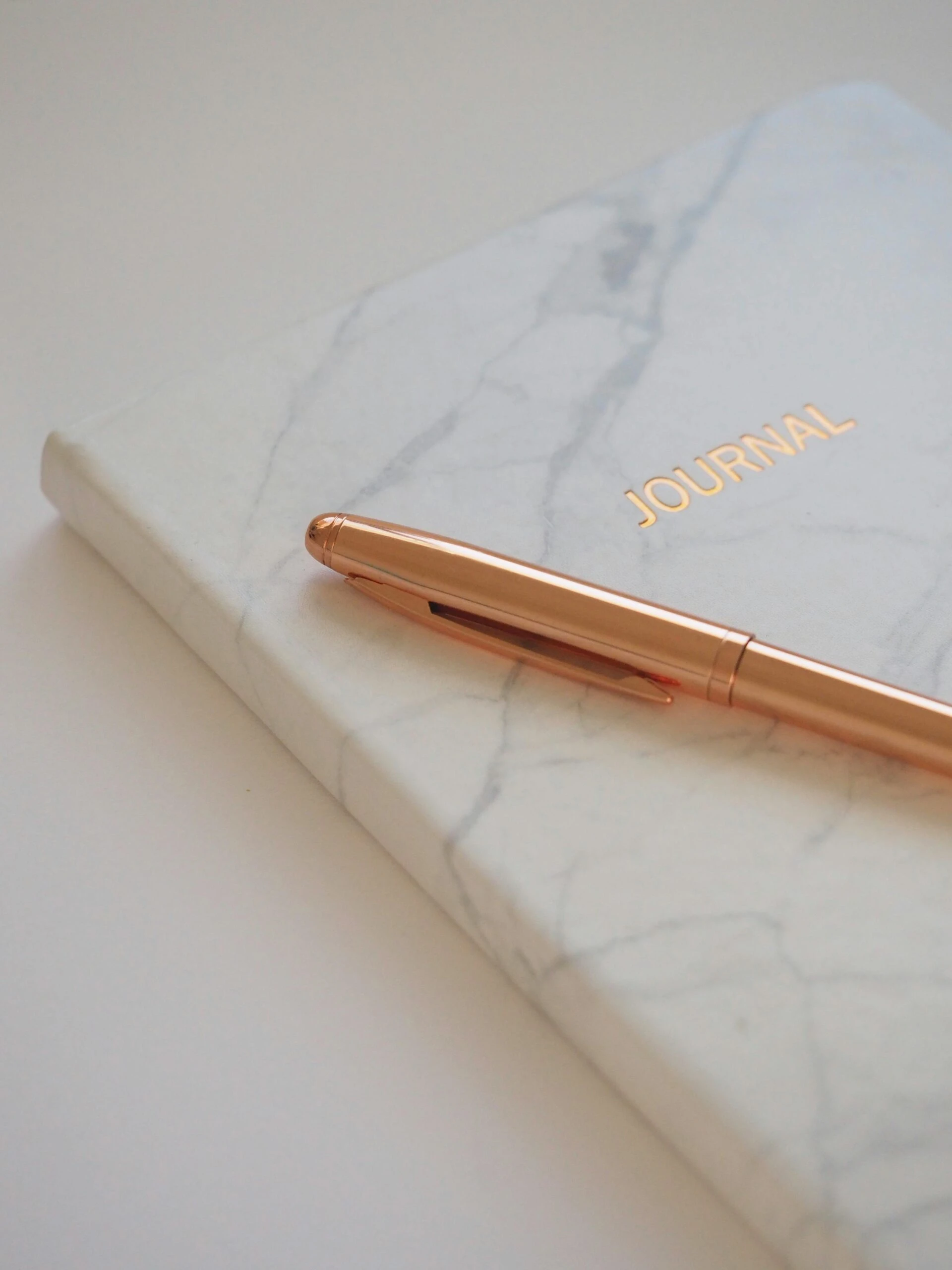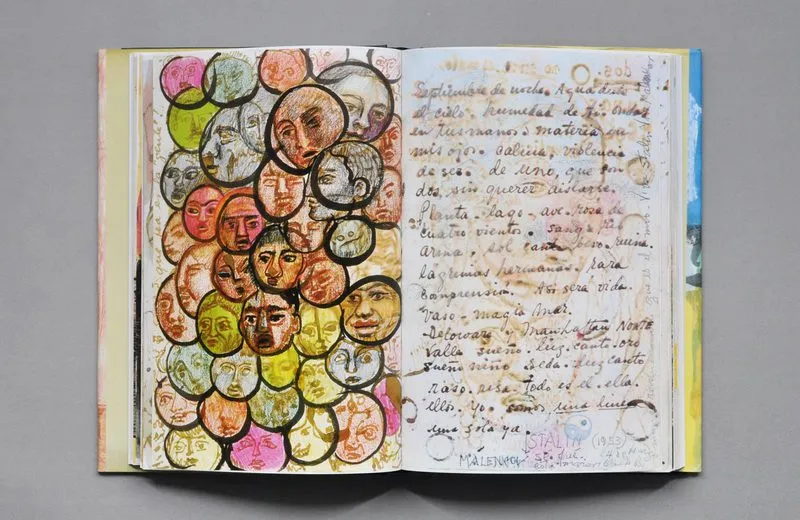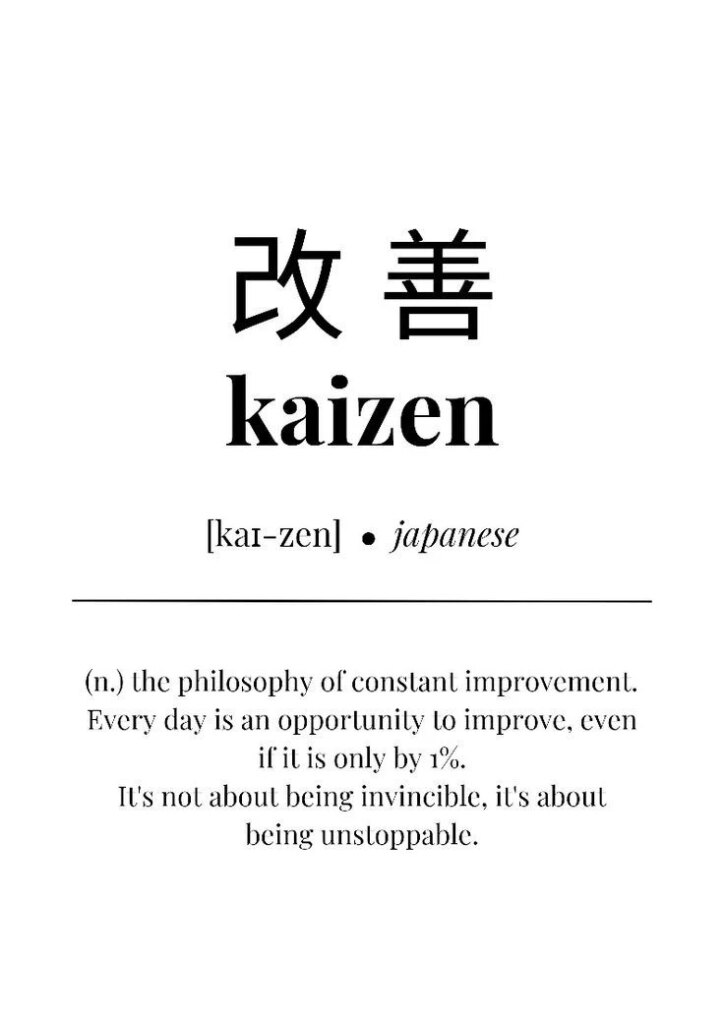Discover how journaling and the Japanese philosophy of ‘kaizen’ work together to support mindfulness, self-awareness, and steady personal growth.
As a child, perhaps you kept a little diary tucked beneath your pillow. When you were older, it turned into a journal where you could explore your feelings, thoughts, and ideas. There are pages where the ink is heavier, where you experienced things deeply, and there are pages covered with nonsensical doodles, sketches that are kept just for yourself. Like life journaling, the Japanese philosophy of ‘kaizen’ grants grand importance to little actions like these. Kaizen argues that small, consistent actions can work slowly, but surely, towards creating grand changes.
Journaling as a Tool for Self-Discovery

Life journaling isn’t meant just for writers, scholars, or artists; it is a practice accessible to all. You are the only reader; it is only your eyes that will read the lines over, if they wish to revisit them at all. The inherent beauty of life journaling is that it focuses on process, rather than the work produced. It does not need to be the best sentence you’ve ever pulled together; it can just be that on a random day in June, you felt the sun on your skin and saw a mediocre movie at the cinema. Life journaling is about your personal self-growth, your journey towards improvement.
Famous Journals and Cultural Reflections
There are many names that come to mind when we think of life journaling. Writers, mainly, but also journals, like Anne Frank’s The Diary of a Young Girl, that had a profound cultural and social impact on the world. Prolific Mexican painter Frida Kahlo kept her own journal, although it probably didn’t read like our high-school musings.

It was expressive, vibrant, filled with pages of impulsive artwork that reflected the things she felt at that very moment. It was for her and her only, a liberating release of creativity and feeling that has touched many readers since its publication. She documented thoughts of great love, both in her romantic life and for her country.
She was a girl and an activist, and a lover. Since the beginning of time, humans have searched for ways to guard their histories, to keep their stories alive, to better understand ourselves and our ways of life. Life journaling remains a fervent example of the human desire to understand, to reflect.
The Philosophy of Kaizen and Its Connection to Journaling

Kaizen is a Japanese word that best translates to ‘improvement’ or ‘change for the better’, embodying a philosophy movement around small, but continual, progress. The kaizen philosophy is mostly associated with the business world, utilized most famously by Toyota, to value employees, knowledge, and continual growth. Unlike many other professional, business-oriented philosophies, kaizen values the community, as well as participation and shared input.
Initially developed as a business model following the Second World War, kaizen grew in popularity, eventually becoming a philosophical movement that also existed outside of a business environment. It focuses not on grand, overwhelming changes, but on the small and significant actions we can implement regularly.
Mental Health Benefits of Journaling
Our brain moves fast, often attempting to process far more information than it can handle. We see big goals – becoming a celebrated author, running a marathon, finding the love of our lives –and expect ourselves to achieve them tomorrow. Like journaling, the philosophy of kaizen would tell you to take it slowly, break down the goal or thought into smaller, more palatable pieces.

Psychologists have found that journaling has a considerably positive effect on the mind; it can help us process traumatic or incredibly stressful events, as well as encourage regular mindfulness and reduce anxiety. Despite our intelligent human nature, it is undeniably difficult to process thoughts and emotions all in the confines of our minds.
Journaling gives us a framework, a blank page, a canvas where we can flesh out our thoughts like brain stems. Constant, incremental journal entries can give us a sense of control, or a sense of freedom, even where we can explore our feelings in the safe and private pages of our diaries.
Journaling and Personal Growth: A Daily Practice
Journaling is a perfect exploration of the kaizen philosophy; it is a form of fostering continual improvement and prioritizing sustained self-awareness. It is a small moment, perhaps even ten minutes a day, that affords us time to reflect, note down our memories so they do not escape us. The content can be funny, make you laugh, or cry, or smile at its banality.

Helen Fielding’s hit novel, Bridget Jones’s Diary, encapsulates this range of emotions through the adventures of her protagonist, Bridget Jones. Jones uses her journaling to outline her goals, and little by little, readers notice her personal transformation, her growing sureness of herself, and her needs. This stream-of-consciousness-style novel mirrors the type of freedom and spontaneity synonymous with reflective journaling and emphasizes our imperfect humanity.
For all we know, we have one shot at life, and it is ours to live. Our experiences and the way we feel are most important to ourselves. No matter how good your memory, there are details we will forget from the moments we’ve lived, details that may make all the difference. So, for today, maybe you should start small. As small, perhaps, as putting a pen to paper.
Join our community of 1.5M readers
Like this story? You'll love our free weekly magazine.








